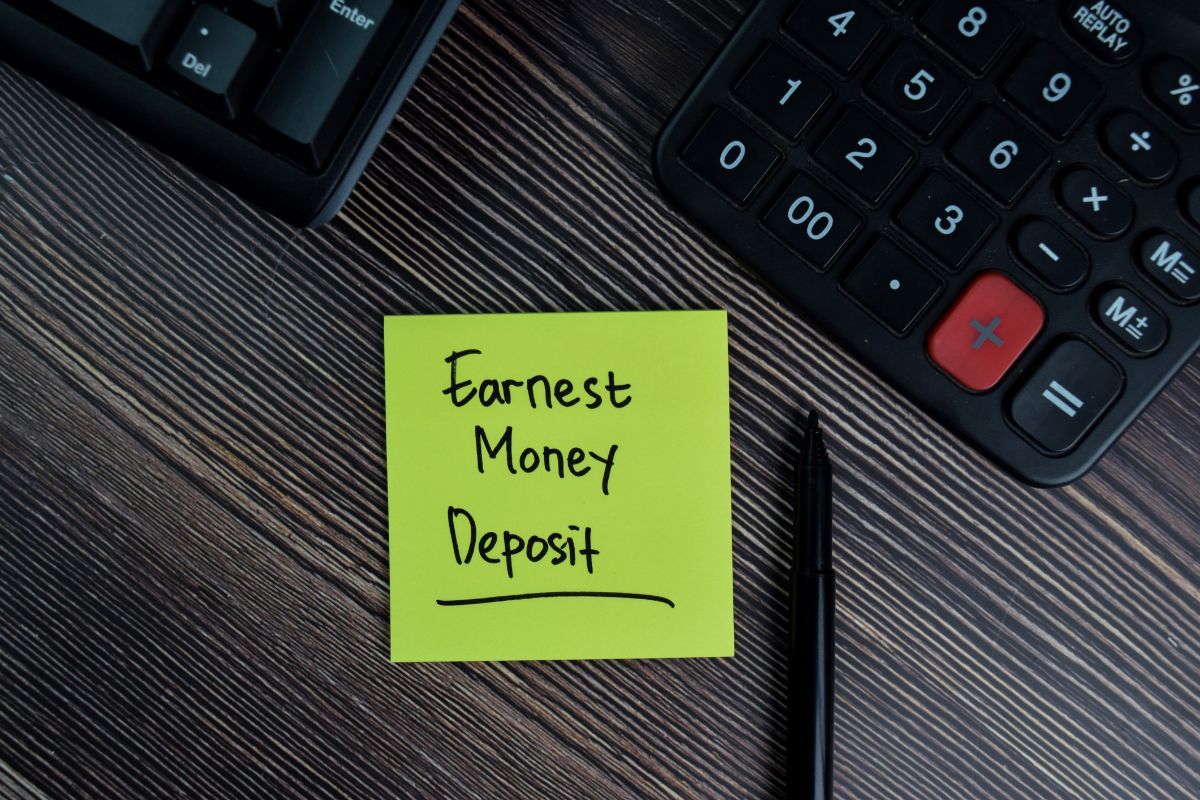In most Arizona real estate purchase contracts, the buyer will require the seller to deposit earnest money – typically with the escrow company – to demonstrate good faith. The deposit amount can be a percentage of the home sale price or an amount dictated by the seller. Once the deal goes through, the earnest money will be applied to the down payment or closing costs.
But what happens to that earnest money if the real estate deal goes south?
There are a number of contingencies and deadlines that must be met during the home purchase process. It’s important that both the buyer and the seller agree on the deadlines since once the deadline is put into the contract there is no requirement that either party be flexible about making changes.
There is an opportunity attached to many of these contingencies for the buyer to back out of the contract without forfeiting earnest money as long as the buyer provides timely and appropriate notice of the intent to back out of the contract. These opportunities include:
Inspection contingency. The Arizona Association of REALTORS® Residential Resale Real Estate Purchase Contract used in most Arizona home purchases allows buyers 10 days from the date the buyer receives the seller’s disclosure document to conduct a home inspection (although this deadline is negotiable). It is important for buyers to adhere to any inspection deadline in a real estate contract since failing to do so could put earnest money at risk. If the buyer discovers something objectionable and the seller refuses to correct it, the buyer can back out of the deal and have his or her earnest money returned as long as timely notice is given.
Financing/Loan contingency. The financing or loan contingency deadline is typically the final deadline in a real estate purchase contract and therefore is the last time a buyer can back out of the deal. After this deadline passes, the earnest money is usually considered nonrefundable. If the buyer decides not to go ahead with the purchase after this deadline has passed, the earnest money will likely go to the seller.
Buyers may also have earnest money returned if the home fails to appraise for the purchase price or if there are title problems.
If a buyer fails to close escrow or backs out of the deal for any reason other than those allowed by the contingencies specified in the agreement, the earnest money will usually default to the seller.
If there is a dispute about who will receive the earnest money, the escrow company holding the deposit is authorized to release the money to the party it deems to have not been in breach of the agreement as liquidated damages.
Our real estate attorneys represent parties on either side of real estate and financing transactions, including buyers, sellers, landlords, tenants, lenders, borrowers, trustees, guarantors, shareholders, partners, and others. We advise, structure, negotiate, and document a variety of real estate and financing transactions, including leases, purchase and sale agreements, financing agreements, and development agreements for a variety of commercial and residential projects. Contact us today and learn how we can help.


